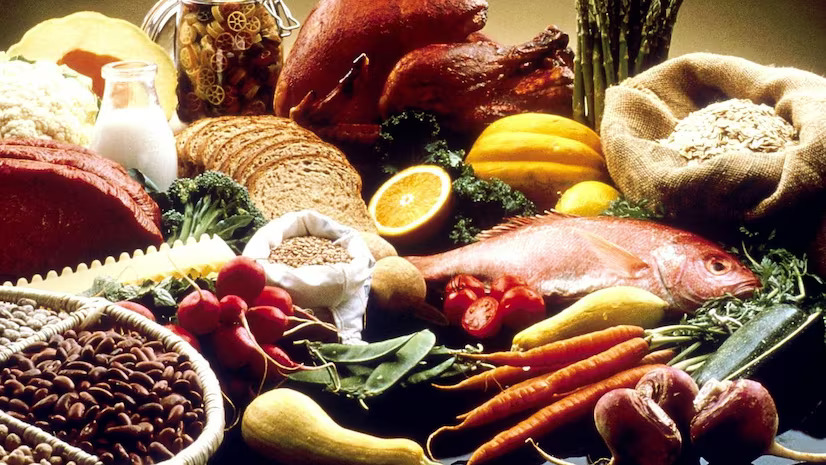World Food Day is celebrated annually on October 16th to raise awareness about the importance of food security and nutrition. The theme for World Food Day 2023 is “Water is Life, Water is Food. Leave No One Behind.” This theme highlights the critical role of water in food production and the importance of sustainable water management.
India is a country with a rich food culture and a diverse range of agricultural products. However, India also faces significant challenges in terms of food security. According to the Global Hunger Index 2022, India ranks 107th out of 121 countries, indicating that it has a serious hunger problem.
There are a number of factors that contribute to food insecurity in India, including poverty, inequality, climate change, and conflict. Poverty is the biggest driver of food insecurity, as it prevents people from accessing the food they need. Inequality also plays a role, as the poorest and most vulnerable people are often the most affected by food insecurity.
Climate change is another major threat to food security in India. Extreme weather events such as droughts and floods can damage crops and disrupt food supply chains. Conflict can also lead to food insecurity, as it can displace people and disrupt agricultural production.
The Indian government has taken a number of steps to address food insecurity, such as the National Food Security Act and the Pradhan Mantri Jan Dhan Yojana. However, more needs to be done to ensure that everyone in India has access to a nutritious diet.
History of World Food Day
World Food Day was established in 1945 by the Food and Agriculture Organization of the United Nations (FAO) to commemorate the founding of the FAO in 1945. The first World Food Day was celebrated in 1979.
The theme of World Food Day 2023
The theme of World Food Day 2023 is “Water is Life, Water is Food. Leave No One Behind.” This theme highlights the critical role of water in food production and the importance of sustainable water management.

Importance of World Food Day
World Food Day is an important day to raise awareness about the importance of food security and nutrition. It is also a day to call for action to address the problem of hunger and malnutrition.
Celebrating World Food Day
There are many ways to celebrate World Food Day. Some ideas include:
- Organizing a food drive or fundraiser to support local food banks or charities.
- Hosting a community meal where people can come together to share food and learn about food security issues.
- Educating yourself and others about food security and nutrition.
- Advocating for policies that promote food security and nutrition.
Food Security in India
Food security is a major challenge in India. According to the Global Hunger Index 2022, India ranks 107th out of 121 countries, indicating that it has a serious hunger problem.
There are a number of factors that contribute to food insecurity in India, including poverty, inequality, climate change, and conflict. Poverty is the biggest driver of food insecurity, as it prevents people from accessing the food they need. Inequality also plays a role, as the poorest and most vulnerable people are often the most affected by food insecurity.
Climate change is another major threat to food security in India. Extreme weather events such as droughts and floods can damage crops and disrupt food supply chains. Conflict can also lead to food insecurity, as it can displace people and disrupt agricultural production.
What Can We Do to Improve Food Security in India?
There are a number of things that can be done to improve food security in India, including:
- Reducing poverty and inequality. Poverty is the biggest driver of food insecurity, so it is important to reduce poverty and inequality in order to improve food security.
- Investing in agriculture. Agriculture is the backbone of the Indian economy and plays a vital role in food security. The government should invest in agriculture to improve productivity and sustainability.
- Improving water management. Water is essential for agriculture, so it is important to improve water management practices. This includes improving irrigation systems and rainwater harvesting techniques.
- Reducing food waste. Food waste is a major problem in India. It is estimated that India wastes about 40% of its food production each year. Reducing food waste would help to improve food security.
- Promoting healthy food habits. It is important to promote healthy food habits among the population. This includes educating people about the importance of a balanced diet and encouraging them to eat fresh and nutritious foods.





